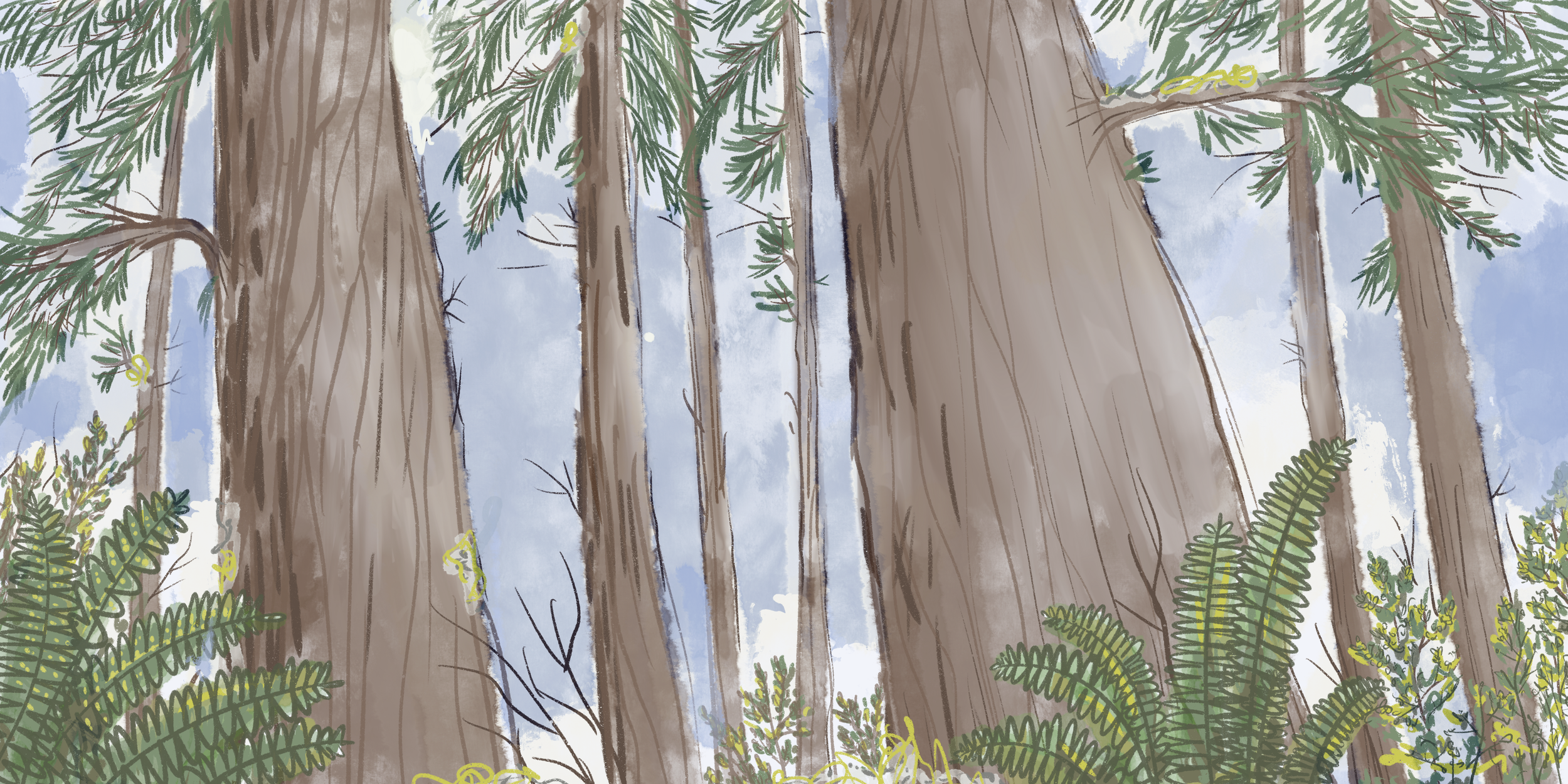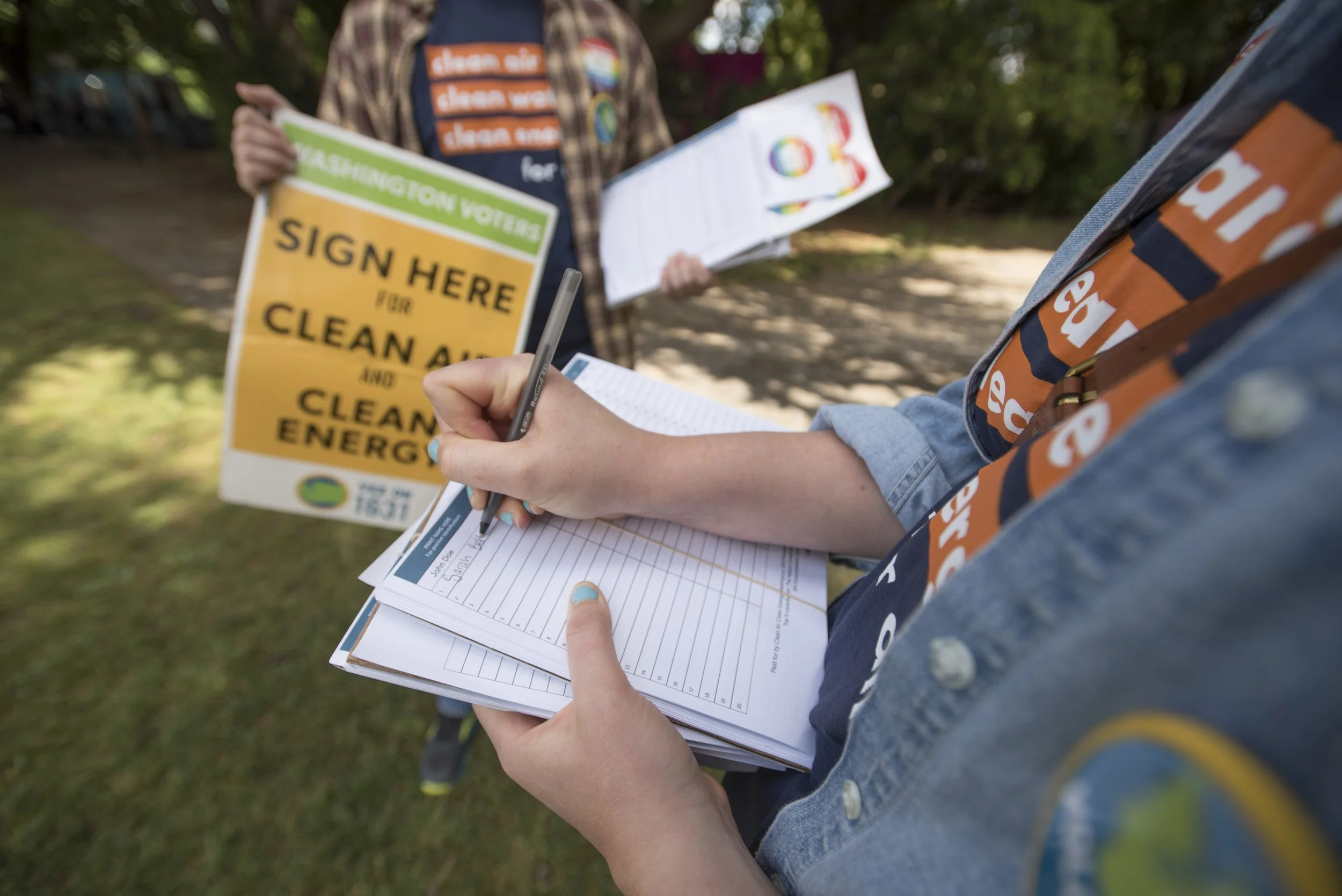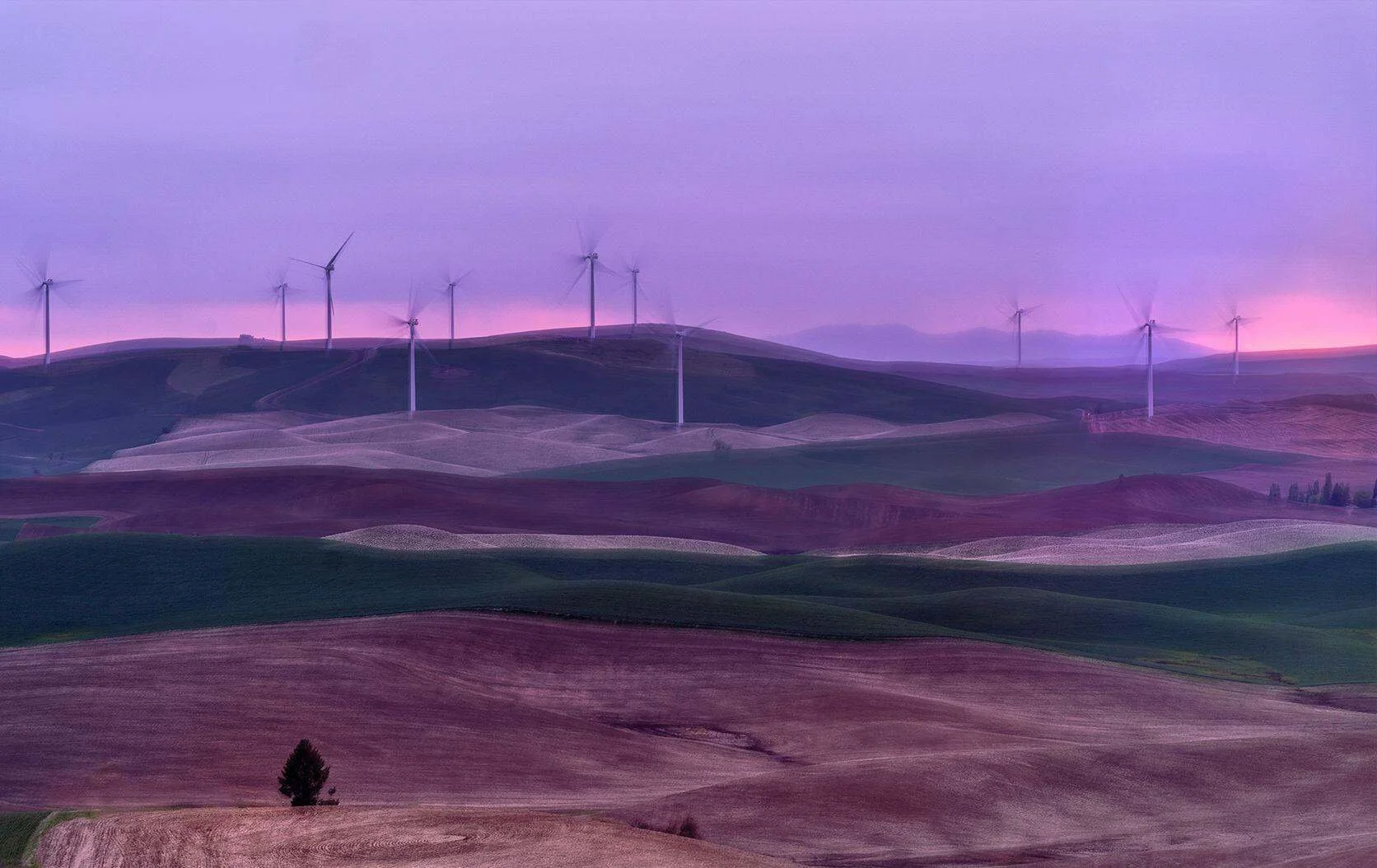By Akela Baldwin, student volunteer
As a sophomore majoring in environmental studies in college, I was looking for an opportunity during my winter break to explore my field of study outside the classroom. I visited my sister in Seattle and conveniently found a volunteer opportunity at The Nature Conservancy where I would conduct research for an upcoming campaign on climate-change awareness.
Upon visiting the office in downtown Seattle for the first time, I was surrounded by the warm ambience of the staff, which definitely brightened my mood amid the gloomy Seattle weather. Being surrounded by like-minded individuals dedicated to the environment was an incredible feeling, to say the least, and confirmed my desire to pursue a career in environmental law.
By the end of my volunteer opportunity, I found that it gave me an experience beyond simply exposing me to a professional environmental work setting. It taught me an invaluable lesson on the meaning of having a voice — or at least what it means to me and the role it has played in shaping who I am.
Growing up, I had been labeled “mute” due to my unwillingness and presumably inability to speak. I thought it was extremely odd that people talked and it was a strange phenomenon that I could not understand. I quite frankly did not see the point in it! Over the years, however, I have developed a unique voice that I not only embrace but hope to use to better the world to the best of my ability.
I have also acquired the understanding of three types of voices. The first, and arguably the most obvious, that I have identified is the physical voice, with its use ranging from conversing casually to articulating a valid opinion convincingly. The second type of voice is more conceptual, in my opinion, and deals with the morals that are instilled in every individual. These morals are expressed in the form of a silent inner voice that, when listened to intently, convey the purest versions of people. The third type is the voice that I believe is propelled by passion. In this case, one does not necessarily need to verbally express a thought or opinion in order for it to be “heard,” because believing in an idea and standing up for that belief through unspoken actions constitute a voice that characterizes an individual on many levels.
I am most attached to this third voice, especially as it relates to my passion for conserving the environment. It serves as the most influential use of the voice with the power to profoundly change the world. I feel that I am now in a place where I am motivated and have the tools to become the voice for the voiceless, which, in this case, is the environment.
Through my experience at The Nature Conservancy, I have discovered the point in having a voice. I feel incredibly blessed to have been a part of this amazing campaign that puts forth so much of what I am passionate about and what I wish to see happening in the world.



























